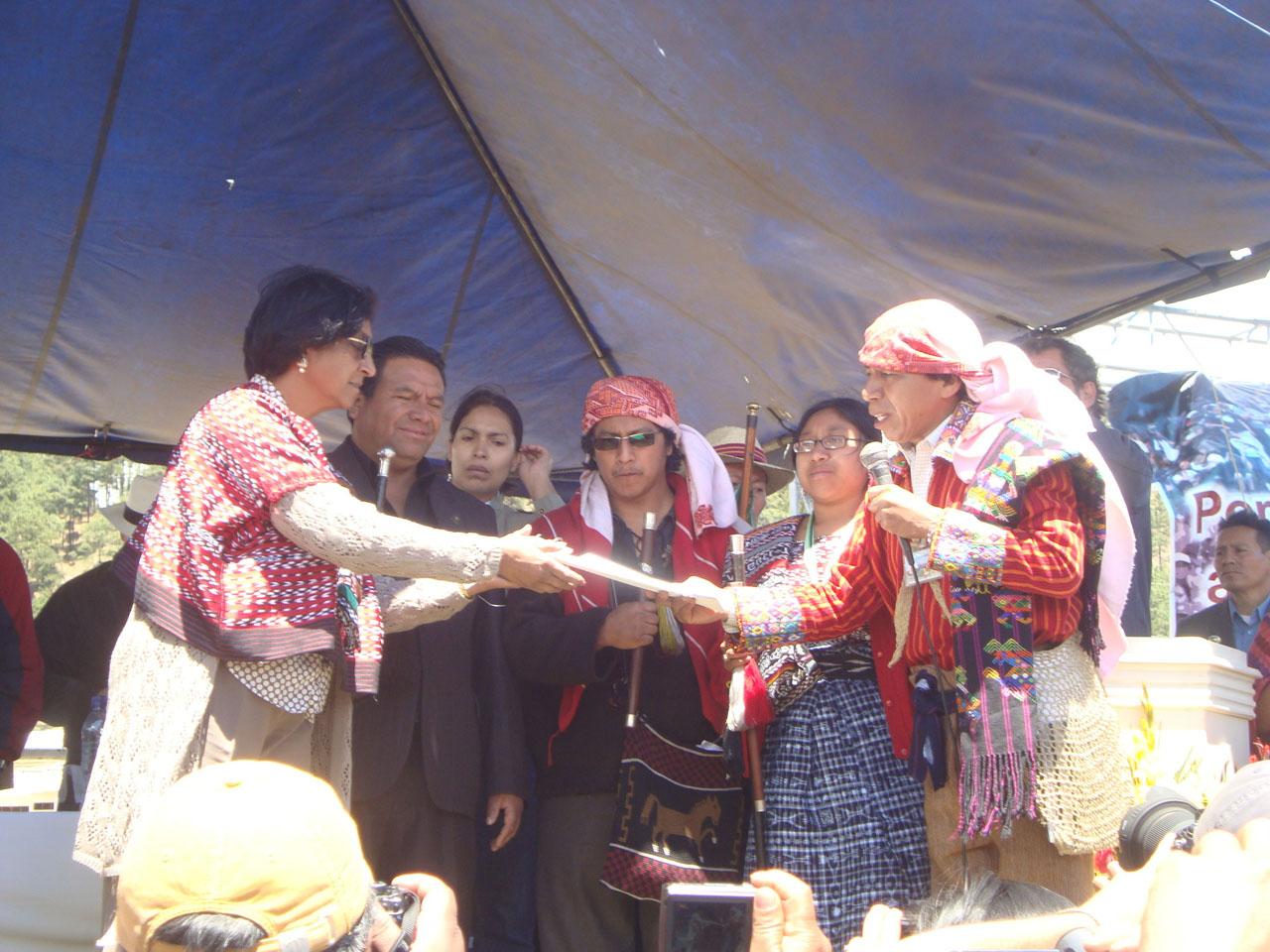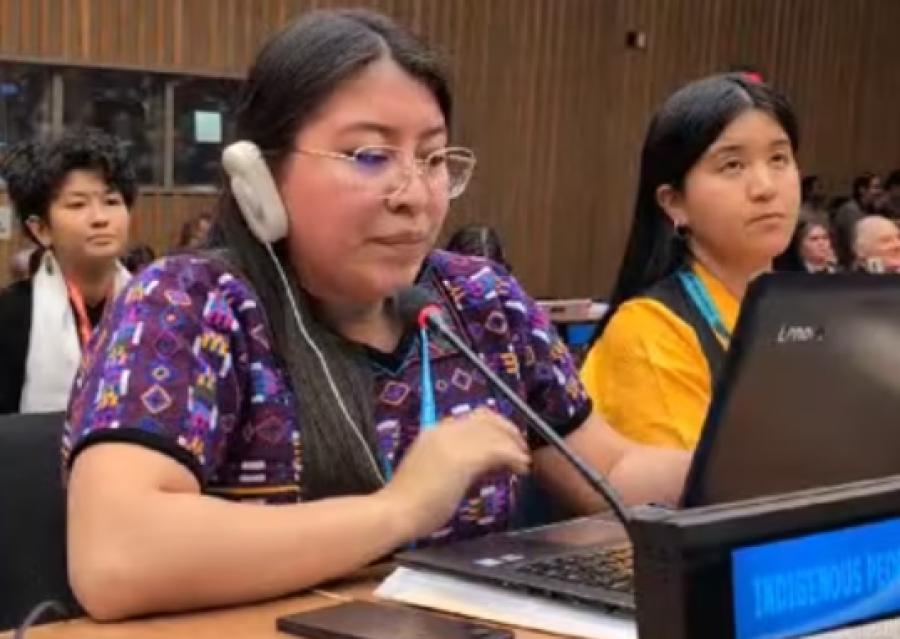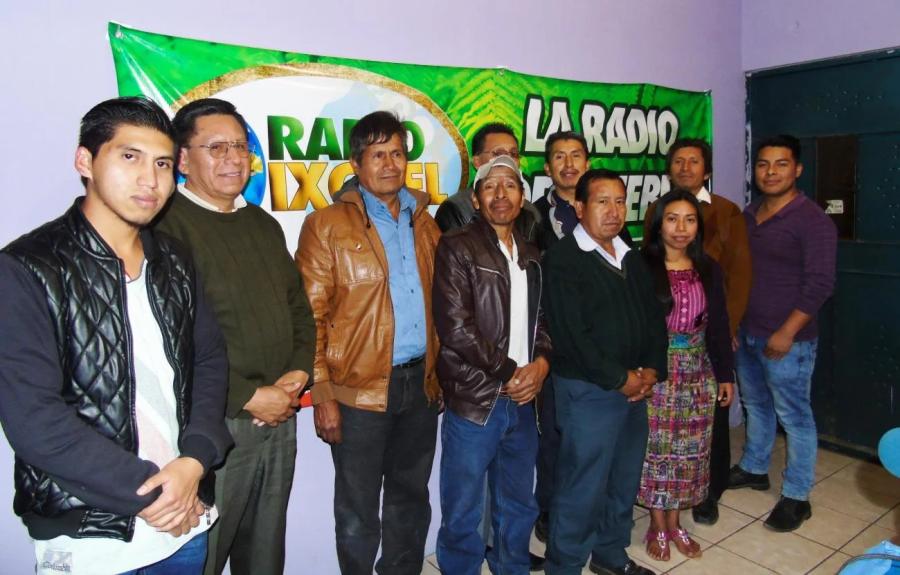
The Congress of Guatemala approved a bill in a closed-door session on November 20th reforming the Telecommunications Law to extend the current commercial radio licenses for another 20 years.
The UN issued a statement in response stating their concern over these new changes that were made without any discussion with affected populations and with what has been called “unusual speed,” according to the national newspaper the Prensa Libre.
Alberto Brunori, the UN High Commissioner for Human Rights in Guatemala, explained: “It seems like a lost opportunity to open a channel of communication to the community radio stations, and the approval of this law came unexpectedly, without ample discussion as was expected… The Legislative branch has failed to take advantage of an opportunity to include regulation that would specifically guarantee access for Indigenous Peoples to obtain radio frequencies, allowing the exercise of their right to freedom of expression.”
Brunori highlighted that this was one of the recommendations made by the UN High Commissioner for Human Rights, Ms. Navi Pillay, after her visit to Guatemala in March of 2012 where she received an audience with members of the community radio movement.
“The best procedure would have been to hold forums to amplify discussion,” explained Brunori.
The UN took issue with the law because it does not allows access equal to radio frequencies for all sectors of the population, particularly excluding Indigenous Peoples.
The Congress approved reforms to the country’s Telecomunications law after a closed-door session with little debate, after the point had been included on the congressional agenda unexpectedly. The reforms extended the current radio frequency lisences for another 20 years, along with television, telephone, and internet frequencies.
Brunori offered assistance to legislatures to correct current laws, which violate international standards like the UN Declaration on the Rights of Indigenous Peoples, which guarantees Indigenous Peoples the right to their own forms of media.
The community radio movement in Guatemala has been promoting reforms to the Telecomunications law that would create a space for community radio within the radio frequency spectrum, allowing Indigenous Peoples access and control over their own forms of media in Guatemala. Bill 4087 for Community Media has been awaiting congressional approval since 2010.
Mark Camp, Deputy Executive Director Cultural Survival, explains that these new reforms won’t have any impact on the current legal status of community radio for Indigenous Peoples in Guatemala. “Commercial radio licenses and community radio licenses don’t have to compete with each other. Because community radio stations would operate on relatively low-wattage, we feel there is plenty of room on the radio spectrum to allow for both to operate peacefully,” he explained. Unfortunately the congress has seen fit to change the Telecomunications law to benefit commercial radio stations, while still making no provision for any form of nonprofit community radio.


